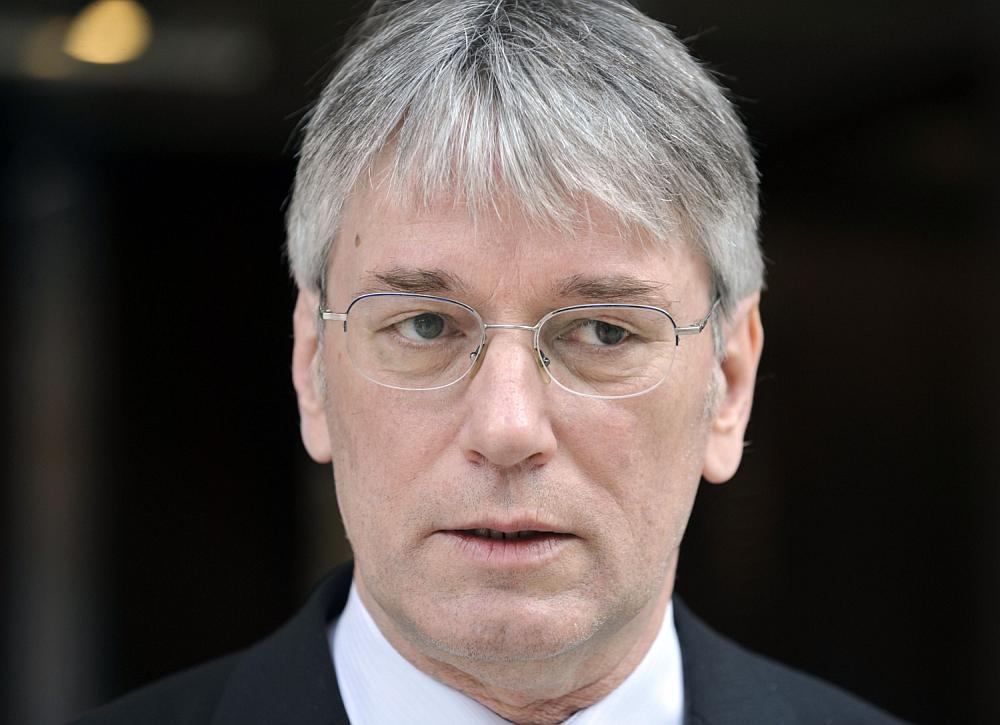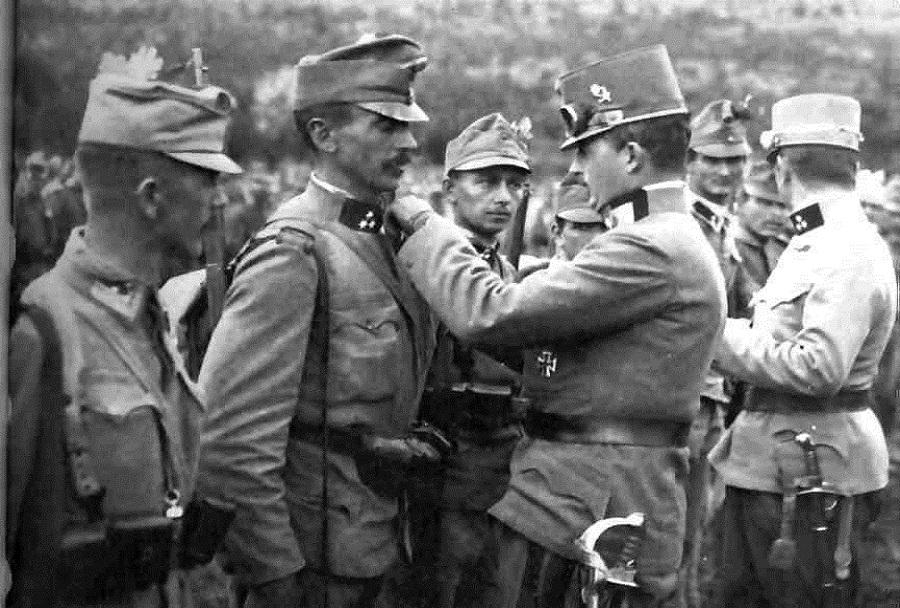
The run-up to the massacre was a well-managed campaign of hate-mongering, whose purpose was to turn nations against each other. Authors, journalists, and reporters can help the world renounce the language of hatred.
The founding fathers of the European Union believed that it was necessary to build upon an economic community, but I think it should be built upon culture.

These questions were discussed by around 90 authors from around 40 countries or PEN centres from around the world at this year's 4-day 46th Bled meeting, which focused on war and peace.
This year's meeting focused on themes arising from the 100th anniversary of World War I. The Bled meetings began during the Cold War with the purpose of giving authors a chance to meet and hold discussions with one another during the political circumstances of the day, free of bloc divisions and beyond censorship. Today, the Bled meetings still continue to offer an opportunity for a dialogue among the literati from various parts of regions in conflict.
You are warning that the world is once again engaging in the rhetoric from the cold war.
This year is a year of commemoration. It is a year marked by the anniversary of one of the biggest and most pointless cases of slaughter which mankind ever committed, the anniversary of the first of the two Great Wars, which radically altered the course of the 20th century, the world today, and all of human history. The run-up to the massacre was a well-managed campaign of hate-mongering, whose purpose was to turn nations against each other. Authors, journalists, and reporters can help the world renounce the language of hatred. The language of hatred is easy to use, though insipid and unintelligent, while it is very difficult, though wise and clever, to speak factually and with understanding. This is the language of everyday communication among people, even if they do not know each other. Hate-mongering in politics is a sign that people are trying to return the world to a place that is but a distant memory in our minds. Europe must not be divided again. Moreover, return is impossible, though attempts at reintroducing division always end up claiming their victims.
This year you have devoted special attention to the situation in Ukraine.
The conflicts which have flared up in the region of the former Soviet Union are extremely dangerous, as there is a lot of external interference which led to civil war in the first place. Military tactics themselves have changed, too, as war is no longer waged between men in uniform from each side. This is an extremely specific situation, and we are afraid it will spill over. There are less and less traditional international conflicts, while there are ever more hotspots, where major powers duke it out indirectly. We authors therefore encourage conflicting parties to resort to diplomacy, not to fight, and we are encouraging the United Nations to take a more proactive role in resolving these situations.
You also held 2 round tables, first focusing on the effect World War I had on the literati, from the first attempts at propaganda to the later critical views. Then you focused on questioning the cultural and political consequences of World War I.
World War I was the soil in which all further events were cultivated, including the rice of fascism and social revolutions. The first round table was entitled "A Farewell to Arms? – World War I in literature" and led by me. The second round table entitled "Do We Live in War or Peace? – Cultural and Political Consequences of the Great War" was organized by Writers for Peace of PEN International and led by Tone Peršak. Their round table revolved around thoughts on new strategies, which the Writers for Peace could use in the future to de-escalate conflict zones, as the world has changed immensely since its founding.
The meeting was rounded off by a literary evening dedicated to this year's guest of honour, French author Pierre Lemaitre, winner of the prestigious Prix Goncourt in 2013 for his work Au revoir la-haut (Goodbye, Up There).
In the words of Pierre Lemaitre, World War I had repercussions which are still felt today. As he illustrated, there are connections between the status in Europe immediately after the war and today.
The young people who returned from the front lines were excluded from society. A similar fate has been dealt to today's unemployed; the crisis is a war. The crisis was supposed to be over, but the unemployed, who did everything they were told before the crisis, find it impossible to integrate back into society.
In his words, there is a terrifying connection between Europe right after the war and Europe today – we live in crisis, fear, seclusion, and this sets a ripe stage for fascism and nationalism. As Lemaitre adds, the current European model is broken.
The founding fathers of the European Union believed that it was necessary to build upon an economic community, but I think it should be built upon culture, said the author. According to Lemaitre, we failed to do so, so we will pay a heavy toll.
The novel deals with the period after the end of World War I. He was interested in the long-lasting pain which arose at the end of the war, and the time when it was necessary to learn to live with former enemies.
PEN was founded in the postbellum world, ravaged by the avarice of nations and their militaries, as a bastion of the united kingdom of humanity, which would, regardless of national borders, exist in the liberated territory of literature.
PEN was founded in 1926, and its Peace Committee in 1984, to provide support to authors whose creative process often takes place in dangerous conditions. At that time, the threat of nuclear weapons, constant sabre rattling, and a serious crisis of the mind were the status quo, without offering people the possibility from escaping from their own political and spiritual circle. The people were incapable of seeing, and authors tried one way or another to show them the light.
Vesna Žarkovič, SINFO
The run-up to the massacre was a well-managed campaign of hate-mongering, whose purpose was to turn nations against each other. Authors, journalists, and reporters can help the world renounce the language of hatred.
The founding fathers of the European Union believed that it was necessary to build upon an economic community, but I think it should be built upon culture.

































































